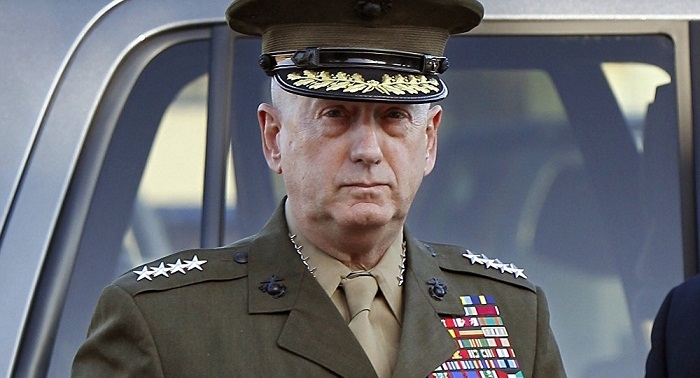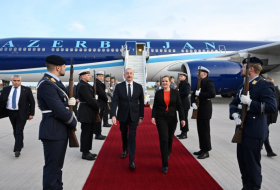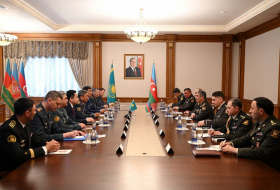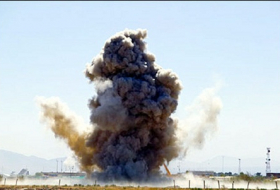ISIS leader is still alive, Pentagon Chief Says

The Russian military said last month that it had struck a meeting of Islamic State leaders on May 28 near Raqqa, Syria, and possibly killed Mr. Baghdadi.
The Russian claim was given credence this month by a British-based monitoring organization, the Syrian Observatory for Human Rights, which said it had obtained information from senior Islamic State commanders confirming that Mr. Baghdadi had been killed in Deir al-Zour Province. Raqqa Province neighbors Deir al-Zour in northeastern Syria.
The death of Mr. Baghdadi, who delivered a fiery sermon in Mosul, Iraq, after the militants captured the city in June 2014, would be a psychological blow to the Islamic State, which is still using small groups of fighters to mount guerrilla attacks against Iraqi forces who have retaken the city.
Pentagon officials have said that Mr. Baghdadi, who takes stringent precautions to avoid detection, does not appear to be directing the Islamic State’s forces on a day-to-day basis. Mr. Mattis said he assumed that Mr. Baghdadi still “had a role to play” in the organization, but provided no details on what that role was.
Mr. Mattis’s remarks to reporters off-camera came two days after President Trump convened his national security council to discuss the administration’s still-unfinished strategy for Afghanistan. The unveiling of that strategy is behind schedule.
Senator John McCain, who chairs the Senate Armed Services Committee, has repeatedly criticized the White House for not articulating a plan to reverse the Taliban’s gains in Afghanistan.
“It is now mid-July, when the administration promised to deliver that strategy to Congress, and we are still waiting,” Mr. McCain said on Thursday in a statement, one day after his office announced that the Arizona Republican had brain cancer.
Mr. Mattis would not say whether there were still differences among senior Trump administration officials about whether to send more troops to advise and support Afghan forces. But he acknowledged that he had not used the authority that Mr. Trump gave him in June to deploy nearly 4,000 additional American troops to Afghanistan, saying that he wanted to wait until the larger strategy, and the rationale, for the mission were settled.
“You fight wars for a reason,” he said. “You come up with a political reason for it.”
One contentious issue in the administration’s review concerns how to deal with Pakistan, where the Taliban and the Haqqani network have maintained a sanctuary. The State Department said this week in a report on terrorism that the Pakistani government had “failed to take significant action” to prevent those groups from threatening American and Afghan forces in neighboring Afghanistan.
The Pentagon is withholding $50 million in military reimbursements to Pakistan that it had yet to deliver for fiscal year 2016, signaling displeasure with Islamabad’s failed efforts against the Haqqani network.
This is not the first time the Defense Department has withheld a Pakistani military reimbursement, and Mr. Mattis said it did not mean the Trump administration had settled on a new, tougher stance toward the Pakistanis. “This is an assessment of the current state of play,” he said.
Separately, Mr. Mattis dispelled rumors that Lt. Gen. H.R. McMaster, Mr. Trump’s national security adviser, would be leaving that post for an Afghanistan-related assignment.
He also defended Mr. Trump’s second July 7 meeting with President Vladimir V. Putin of Russia at the Group of 20 economic conference in Hamburg, Germany. That encounter, which some witnesses have said lasted almost an hour, relied solely on a Kremlin-provided interpreter and was initially not disclosed by the White House, has brought sharp criticism of the president. Mr. Trump has said that the discussion lasted far less than an hour.
Mr. Mattis said that there was nothing wrong with the president’s seeking out Mr. Putin that evening, and that such dinners were a venue for adversaries to chat.
“If you watch me at dinners, you will catch me talking to some ne’er-do-wells,” Mr. Mattis said.















































